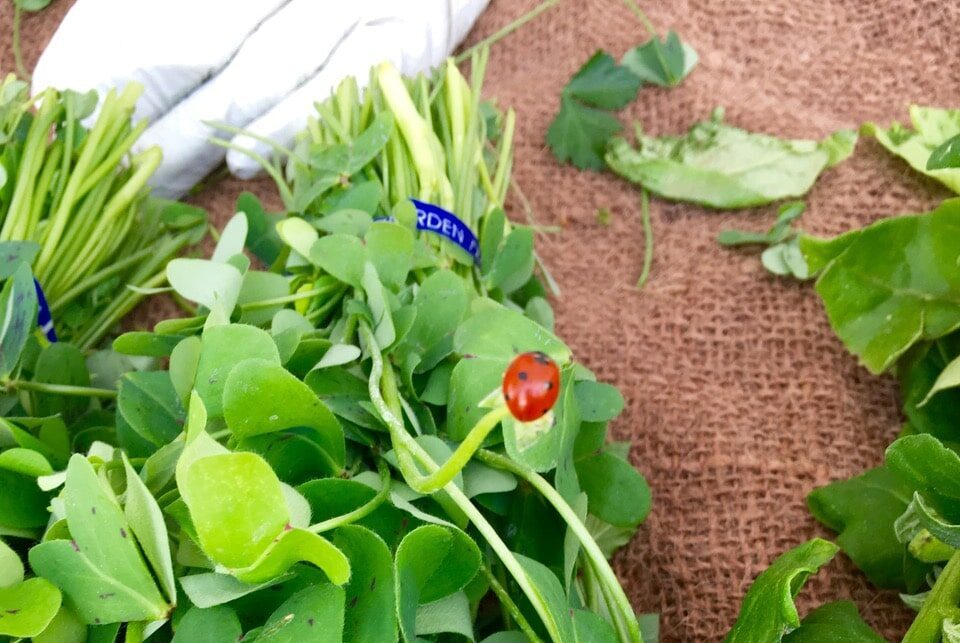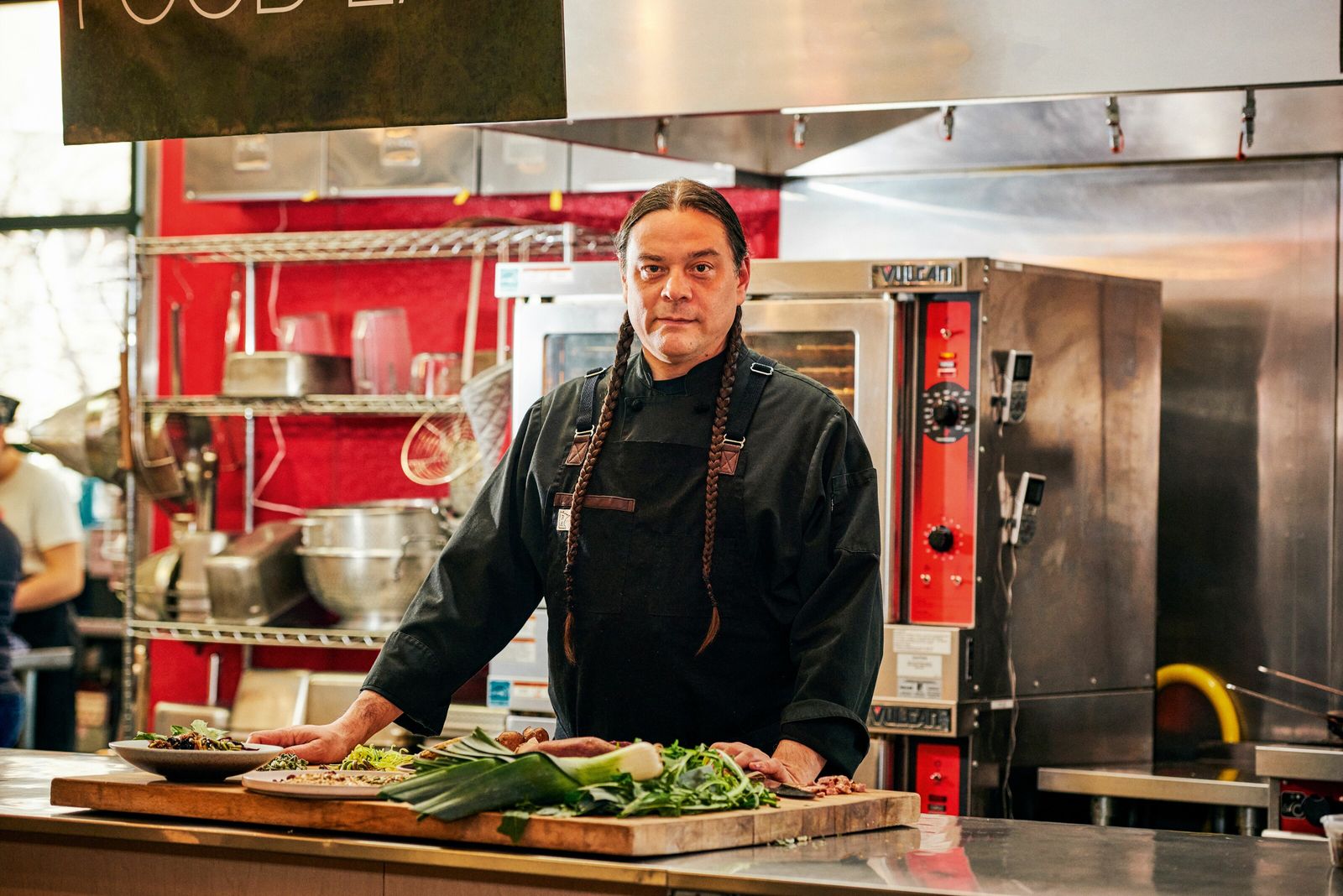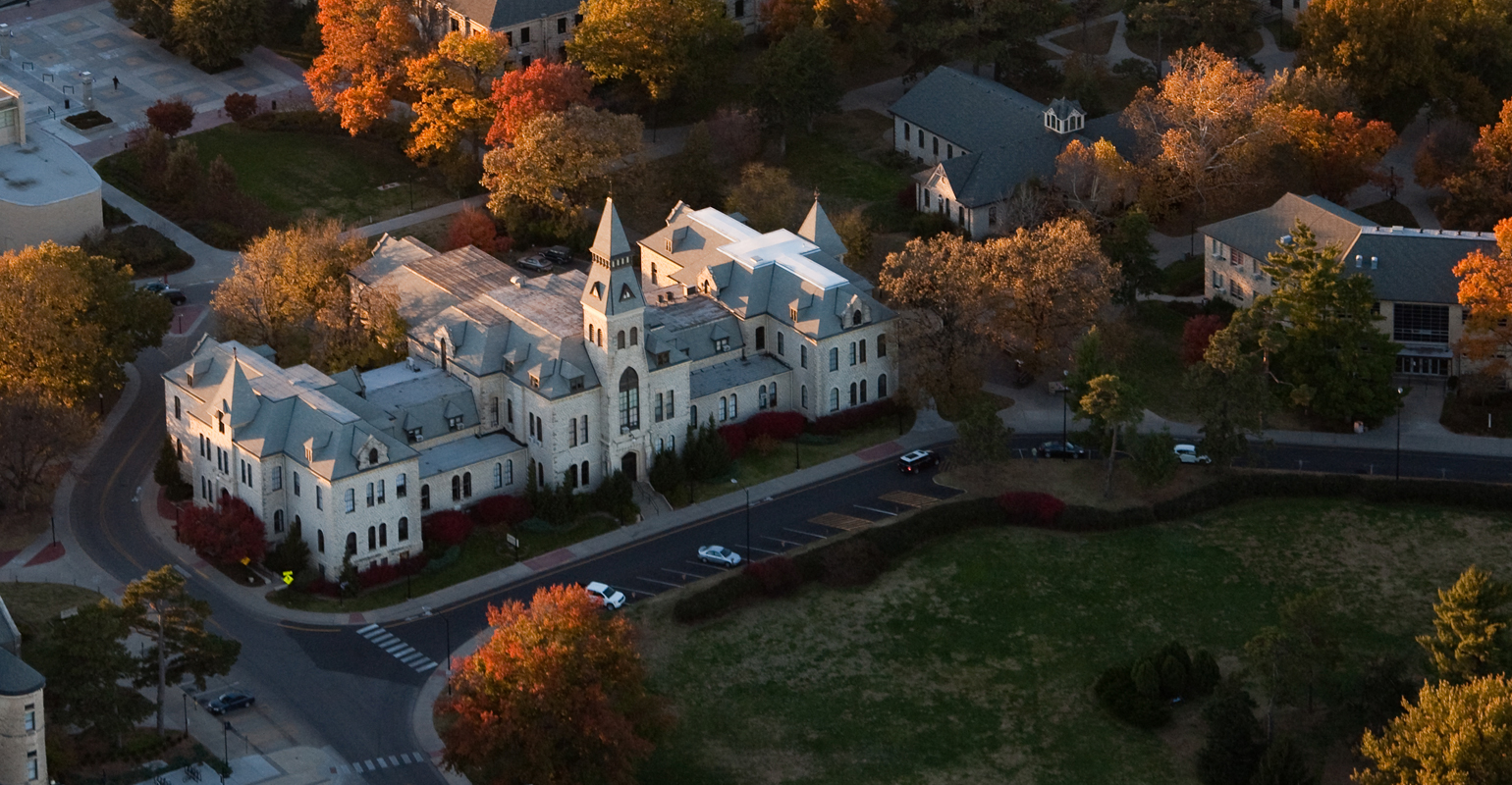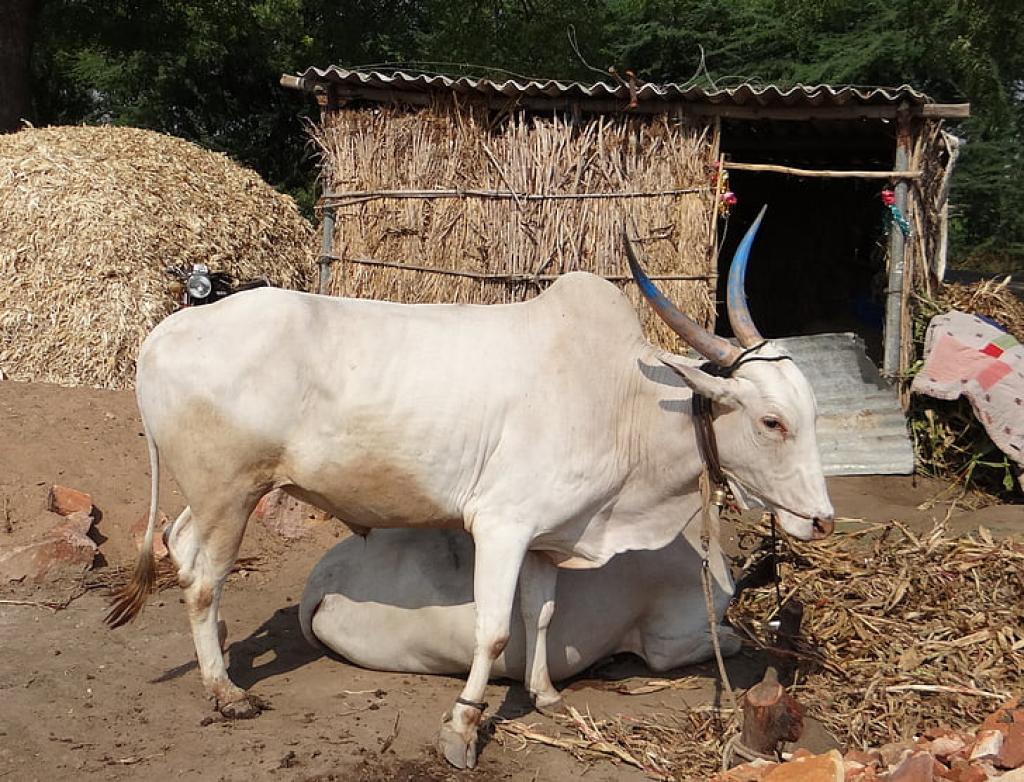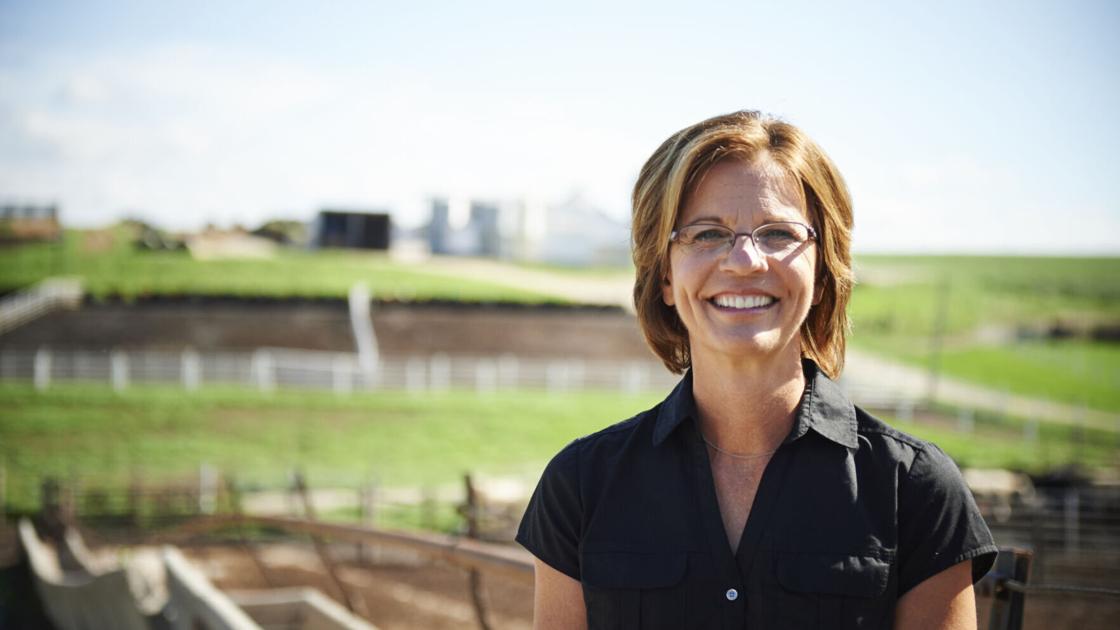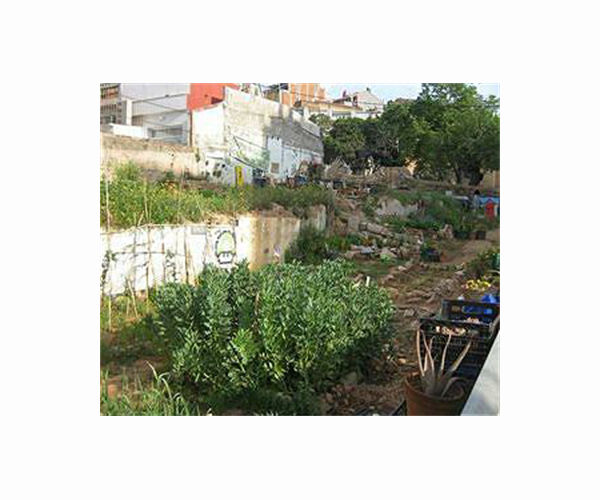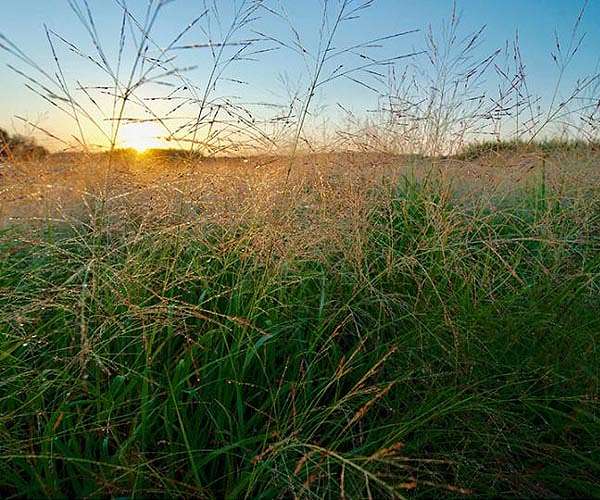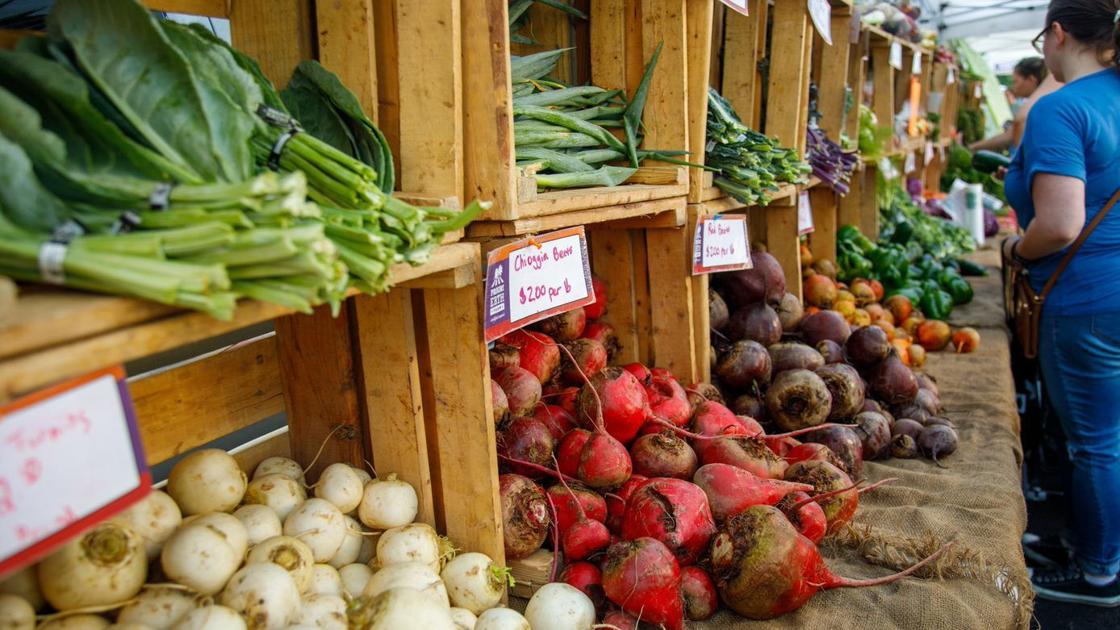08/02/2021 SOURCE: www.agweek.com
Joe Ikley, NDSU Extension Service weed specialist, says it appears off-target crop damage from dicamba applications in 2021 is widespread. He said victims’ soybean crops have sometimes recover with timely August rains, but lose productive growth.
Off-target dicamba damage in 2021 may be the worst year yet in the Upper Midwest | Agweek
-
(0)
-
Bookmark
- Comments. (0)
08/02/2021 SOURCE: sharonpalmer.com
These 11 tips for sustainable eating are perfect for cutting down your personal environmental footprint.
Top 11 Tips for Sustainable Eating - Sharon Palmer, The Plant Powered Dietitian
-
(0)
-
Bookmark
- Comments. (0)
08/02/2021 SOURCE: www.livemint.com
The seemingly luxurious conditions represent a state-of-the-art approach to biosecurity in which pigs are shielded from viruses
Why is China putting pigs in 13-storey ‘hog hotels’
-
(0)
-
Bookmark
- Comments. (0)
The fact so little is known about Native American cuisine today is something Sean Sherman is determined to change. For the past seven years, the Minneapolis-based Sioux chef has worked to preserve and promote the food traditions of his ancestors by revitalising age-old recipes, cooking methods and food-preservation techniques.
The pioneer: how chef Sean Sherman is shining a light on Native American cuisine
Minnesota-based chef Sean Sherman pays homage to his Native American heritage by creating experimental dishes using only the indigenous ingredients known to his ancestors.
-
(2)
-
Bookmark
- Comments (0)
 Randy Krotz
Randy Krotz
Topics: Education U.S. MidWest, Research, Education,
Can we keep U.S. ag competitive with public research funding?
Q&A with K-State’s Dean of Agriculture Ernie Minton about public research funding needs.
-
(1)
-
Bookmark
- Comments (0)
08/02/2021 SOURCE: www.downtoearth.org.in
India has transitioned from a milk-deficient country to the largest producer of milk globally. The Anand model (Amul), which has been replicated across the country, boosted milk production and made dairy the second-largest employment sector after agriculture in India.
Methane from animal waste contribute to 75% of total greenhouse emissions from the dairy sector
Climate crisis: Way forward for dairy giants in India
-
(0)
-
Bookmark
- Comments. (0)
-
(0)
-
Bookmark
- Comments (0)
 John LaRose Jr.
John LaRose Jr.
Topics: Agriculture US, Vegetables, Agriculture Global, Gardening, Vertical Farming, Urban Farming,
From grey to green: world cities uprooting the urban jungle
Paris (AFP) July 29, 2021 - From lettuces farmed on New York's skyline to thick corridors of trees occupying once desolate Colombian roadsides, green initiatives are running wild in cities around the world.
-
(0)
-
Bookmark
- Comments (0)
 John LaRose Jr.
John LaRose Jr.
Topics: Soil Health, Education U.S. West, Economics, Sustainability, Research, Renewable Energy (Solar/Wind),
Switching it up to make better grass for bioenergy crops
Saint Paul MN (SPX) Jul 07, 2021 - Bioenergy crops are an alternative energy source that, unlike fossil fuels, could positively impact the environment by reducing greenhouse gases, soil erosion, and carbon dioxide levels. They can be
-
(0)
-
Bookmark
- Comments (0)
07/31/2021 SOURCE: qctimes.com
-
(0)
-
Bookmark
- Comments. (0)


